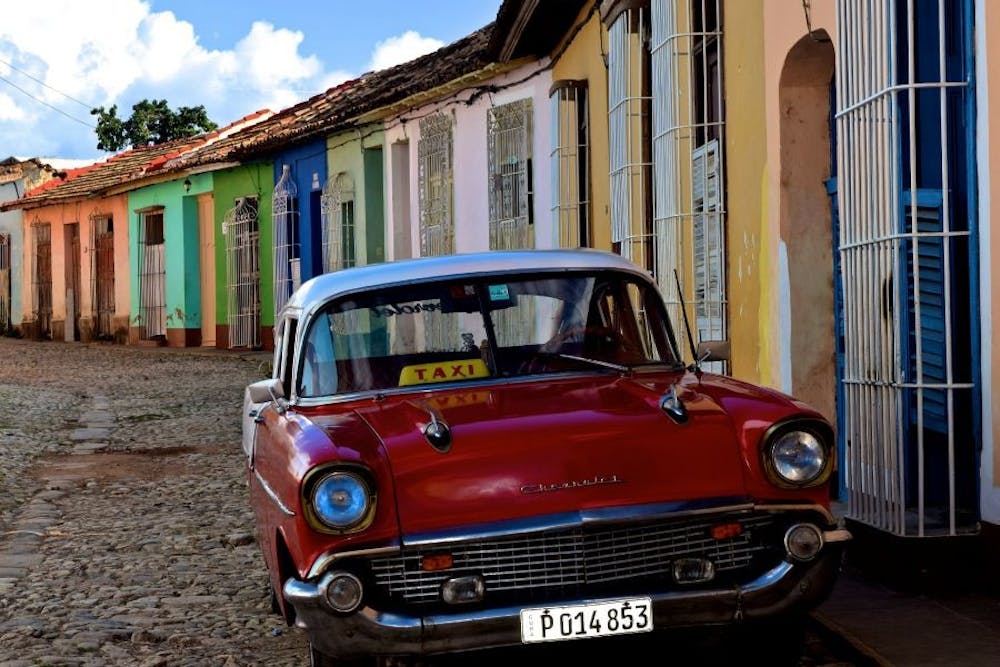By Bonnie Meibers, Senior Staff Writer
Miami offers over 350 study abroad and study away programs. Of those, nine are through the Media, Journalism and Film department (MJF).
According to the Miami University study abroad website, 38 percent of Miami students study abroad during their time as an undergraduate. The university ranks second in a nationwide list for students studying abroad.
With the addition of a winter term in 2014, faculty had a new outlet to create classes to teach and study abroad trips to lead. Whereas many students look for jobs or internships over the summer break, students rarely seek those opportunities in the three-week break that winter term offers.
This is why journalism professor Patricia Gallagher Newberry said there has been an "explosion" of new programs in the department.
"It was a new opportunity to create something out of nothing," Newberry said.
This "explosion" of new study abroad programs and workshops raises the question: how many trips is too many in just one department?
"We are struggling to fill some trips, I'll be honest," Newberry said. "It does feel to me as though we are competing against each other."
Newberry and fellow journalism professor Joe Sampson are offering a new study abroad trip in Cuba this upcoming summer. The three-week program struggled to get its goal of 12 to 14 students, ending up with only 11.
"Getting the roster filled for Cuba was hard. It's a new program, and there's two other Cuba courses [offered at Miami]," Newberry said.
However, the Cuba program is different because most study abroad and away programs in the MJF department go places where there is a strong alumni network and receive support from that network of people once there.
The oldest MJF study away program is the Inside Washington Program which began as a field trip for students in a television news capstone course and has since expanded to welcome all majors. The program relies heavily on Miami's alumni network in Washington D.C.
"Our alumni loyalty is kind of creepy, in a good way," said head of the MJF department, Richard Campbell. "They have an enormous interest in helping students."
Some study abroad programs partner with other departments, like the Kosovo program run by professor Edward Arnone.
Arnone also said that he struggles in recruiting students for a number of reasons, like the cost of the program and the large commitment and workload that come with it. As far as the competition between study abroad programs within the department goes, Arnone said there is no data as to whether or not programs are drawing numbers away from one another.
"The main thing to look at is if [the programs] are different enough," Arnone said.
All three professors made the point that the type of student to go on one study abroad is not typically the type of student who would want to go on another study abroad with a completely different focus.
"Students will self-select," Arnone said.
Arnone said he believes everyone in the MJF department tries to direct students toward a program that fits in with their interests and goals.
"We're pretty happy with what we're offering," Campbell said. "So far we're able to maintain quality. We haven't hit the threshold yet."

